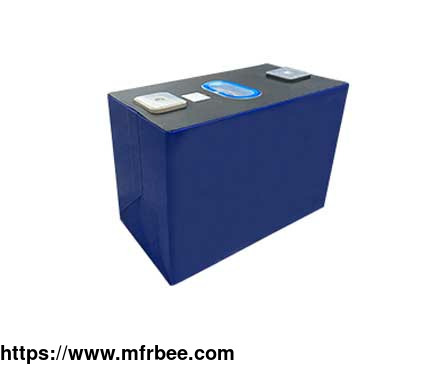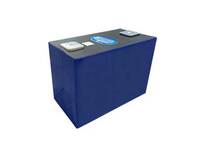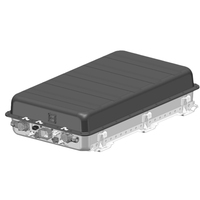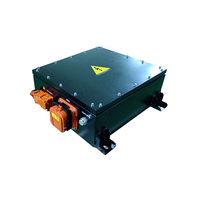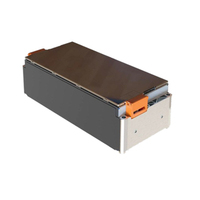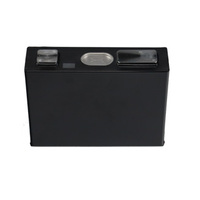Lithium Battery Cell
Product Quick Detail
- Minimum Order
- 10
- Place Of Origin
- Nanjing City, China
- Packaging
- Carton by air,plywood cases by sea
- Delivery
- 15days
Specifications
A lithium ion battery cell is the smallest unit of a battery. There are several types of classification of lithium battery cells from shape, chemistry of positive materials, and battery C ratings.
Shape: Cylinder, Pouch, Prismatic
Lithium Storage focuses on the prismatic type of lithium battery cells.
Chemistry of positive materials: lithium iron phosphate (LFP), lithium nickel cobalt aluminum oxide(NCA), lithium nickel manganese cobalt oxide (NCM) lithium manganese oxide (LMO) and Lithium
tantalite oxide (LTO)
Lithium Storage concentrates on the LFP and NCM chemistry both types of lithium battery cells.
Battery C ratings: energy cells and power cells
Energy cells are designed to deliver constant charge and discharge current in the long-term period, generally continuous C rating less than 1~2C. Power cells are designed to support charge and
discharge current at a high rate for meeting the load application requirement.
Lithium Storage has both energy cells and power cells.
What Are The Advantages Of Lithium Storage Lithium Batteries
Mass Production and Stable Supply
Mass production leads to higher accuracy and standardization in lithium ion forklift battery production. This is beneficial to ensuring consistency of lithium battery cells in performance and
avoiding the quality risk from interrupted production and batch production. Currently, the current production capacity is 26GWh, 17 production lines, and 50GWh is under construction.
Intelligent, Digital, Automated, Networked Assembly and Manufacturing Process Control
the adoption of MES and ERP systems makes the retroactive realization from raw materials to the finished products.
Quality Management System
Lithium Storage applies the framework provided by the ISO 9001: 2015 and IATF16949:2016 standards to monitor and measure quality management processes.
Advanced Cell Technology
the world's leading SCL winding design and technology solves the problem of micro-short circuit in winding structure and improve capacity and mass-specific energy.
China National Standards for Lithium Ion Batteries in Electric Vehicles and Energy Storage
A series of National Standards has been formulated about lithium ion battery cells, modules and packs level for both electric vehicles and energy storage applications. Lithium Storage summarizes
the industry standards that have been listed as mandatory testing as below.
GB/T 31484—2015 Cycle life requirements and test methods for traction battery of electric vehicle
GB/T 31485—2015 Safety requirements and test methods for traction battery of electric vehicle
GB/T 31486—2015 Electrical performance requirements and test methods for traction battery of electric vehicle
GB38031-2020 Electric Vehicles Traction Battery Safety Requirements
GB/T 31467.1-2015 Lithium-ion traction battery pack and system for electric vehicles—Part 1: Test specification for high power applications
GB/T 31467.2-2015 Lithium-ion traction battery pack and system for electric vehicles—Part 2: Test specification for high energy applications
GB/T 31467.3-2015 Lithium-ion traction battery pack and system for electric vehicles—Part 3: Safety requirements and test methods
GB 38032-2020 Electric Buses Safety Requirements
GB/T 36276-2018 Lithium ion battery for electrical energy storage
GB/T 34013-2017 Dimension of traction battery for electric vehicles
- Country: Afghanistan
- Contact: lslithium battery
